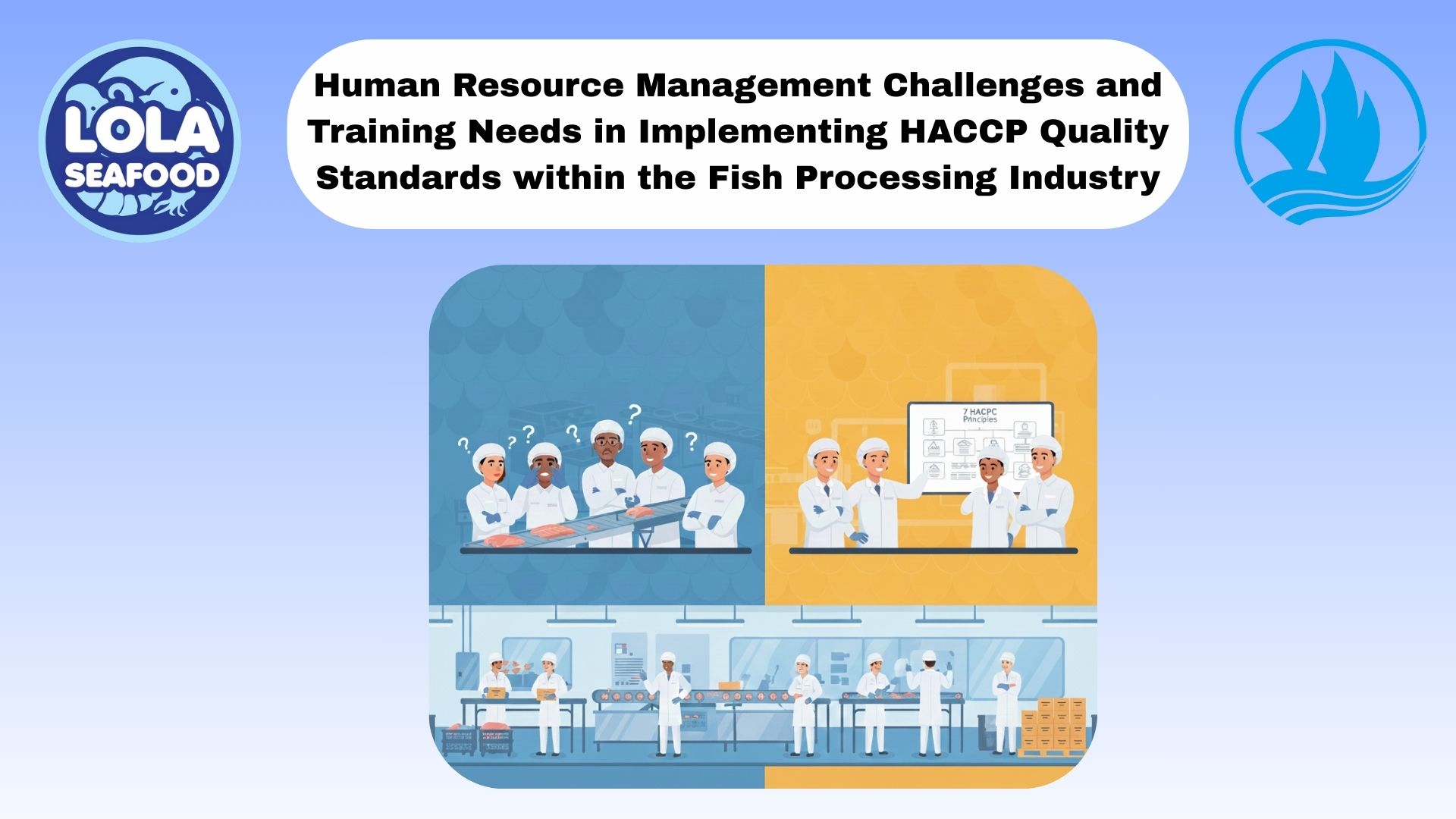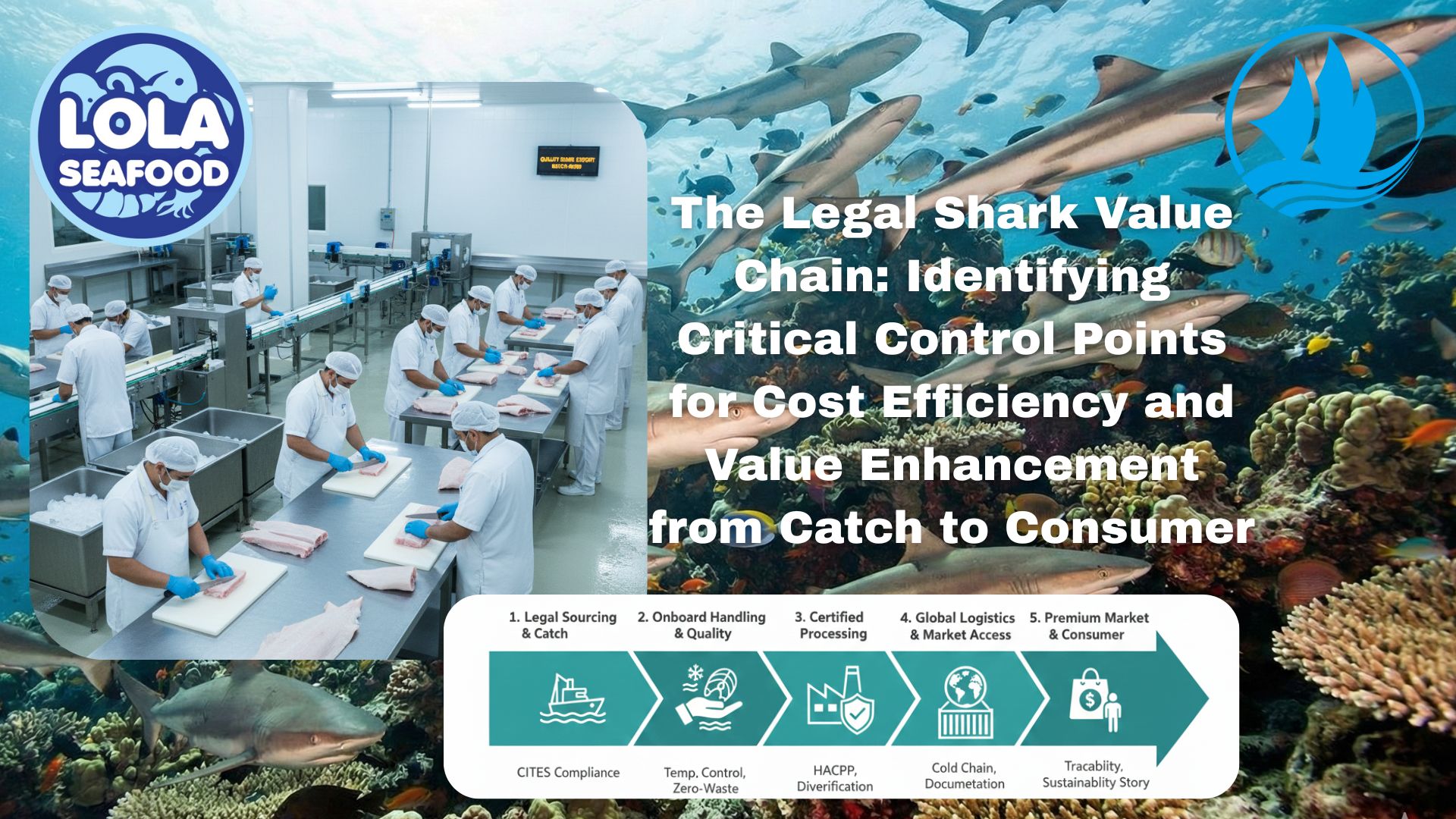TILAPIA HAS MILD TASTE
By. Najih - 30 Jul 2024.jpg)
Tilapia, the common name for nearly a hundred species of cichlid fish (or fish in the Cichlidae family). Tilapia is a popular food source due to its low cost and mild taste.
The three main tilapia species are:
- Nile (or black) tilapia
- Mozambique (or red) tilapia
- Blue tilapia
Tilapia is known for its sweet, mild taste and flaky texture. But the taste can differ greatly, depending on what the fish eat and the quality of the water where they are raised. Tilapia are shaped like sunfish or crappie, with bodies that look fairly flat from side to side. They have long, spined fins. Colour can vary by species. Tilapia is found in fresh water, in rivers and lakes. The fish also have been introduced, sometimes unintentionally, into some brackish waters (areas that connect salt and fresh waters).
Like other fish, tilapia can be a healthy source of protein.
It also gives you vitamins and minerals like choline, niacin, vitamin B12, vitamin D, selenium, and phosphorus. And it's a good source of healthy fats.
The nutrients in tilapia might provide the following health benefits:
-May lower cancer risk
Selenium is a mineral that plays a role in the prevention of cancer, heart disease, decline in thinking skills, and thyroid disease. Although you only need a small amount of selenium, it is essential for various bodily functions. Tilapia is an excellent source of this mineral, with a single fillet providing 88% of your daily value of selenium.
-May protect heart health
Many of the health benefits of eating fish are due to their high omega-3 fatty acid content.
- Reducing blood clotting
- Lowering blood pressure
- Decreasing your risk of strokes and heart failure
- Reducing irregular heartbeats (arrhythmia)
-Tilapia are often fed animal feces
One report from the United States Food and Drug Administration (FDA) revealed that it is common for fish farmed in China to be fed feces from livestock animals. Although this practice drives down production costs, bacteria like Salmonella found in animal waste can contaminate the water and increase the risk of foodborne diseases.
-Tilapia may be polluted with harmful chemicals
It cited the fish did not meet safety standards, as they were polluted with potentially harmful chemicals, including “veterinary drug residues and unsafe additives”. Monterey Bay Aquarium’s Seafood Watch also reported that several chemicals known to cause toxic effects were still being used in Chinese tilapia farming despite some of them being banned for over a decade.
.jpg)
The Impact of HACCP-Based Integrated Quality Management Programs on the Quality and Competitiveness of Fresh Demersal Fish Products
 and Employee Productivity on the Demersal Fish Processing Floor.jpg)
The Correlation Between Occupational Health and Safety (OHS) and Employee Productivity on the Demersal Fish Processing Floor

Human Resource Management Challenges and Training Needs in Implementing HACCP Quality Standards within the Fish Processing Industry

The Legal Shark Value Chain: Identifying Critical Control Points for Cost Efficiency and Value Enhancement from Catch to Consumer



.jpg)
 in Meeting Global Protein Demand Sustainably.jpg)